Liberty Animal Clinic Blog
Learn more about veterinary care in our blog!
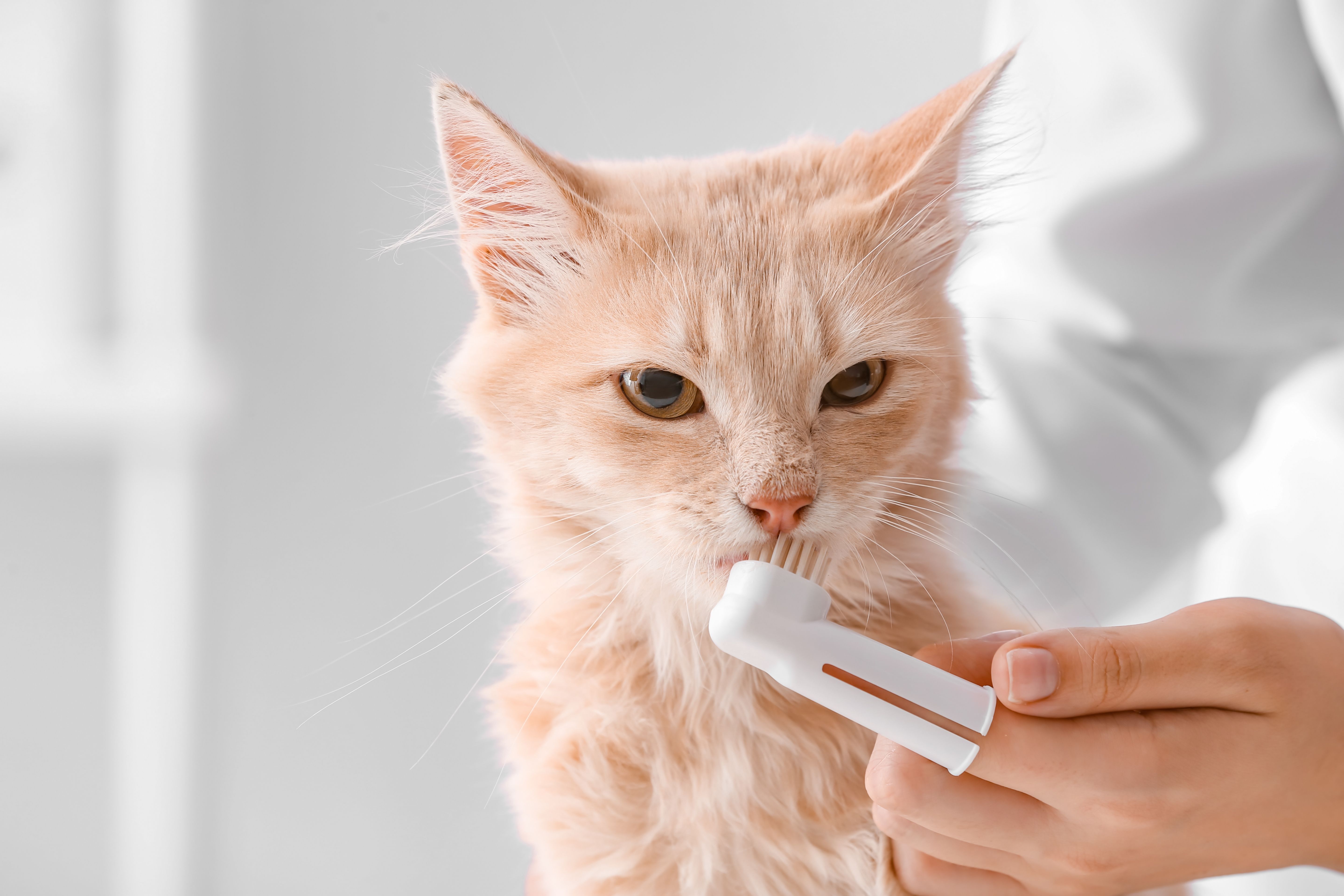
Good dental health is essential for your pet’s overall well-being, and understanding how to care for their teeth at home - as well as when to bring them in for professional attention - can help prevent serious problems down the road. At Liberty Animal Clinic, we know dental disease is common and, if left unchecked, can lead to pain and even systemic health issues affecting the heart, lungs, and kidneys. That’s why prevention and proper care are fundamental parts of our veterinary services.

As pet owners, we all want our dogs to live long, happy, and healthy lives. One of the most important factors influencing your dog’s overall well-being is their diet. But with so many pet food options available, finding the healthiest food to feed your dog can feel overwhelming.

Bringing home a rescue pet is an exciting and meaningful experience. Whether you’ve adopted from a shelter, rescue organization, or foster home, you’re giving an animal a second chance at a safe and loving life. As you settle into life with your new companion, one of the most important steps you can take to protect them is ensuring they are properly microchipped.
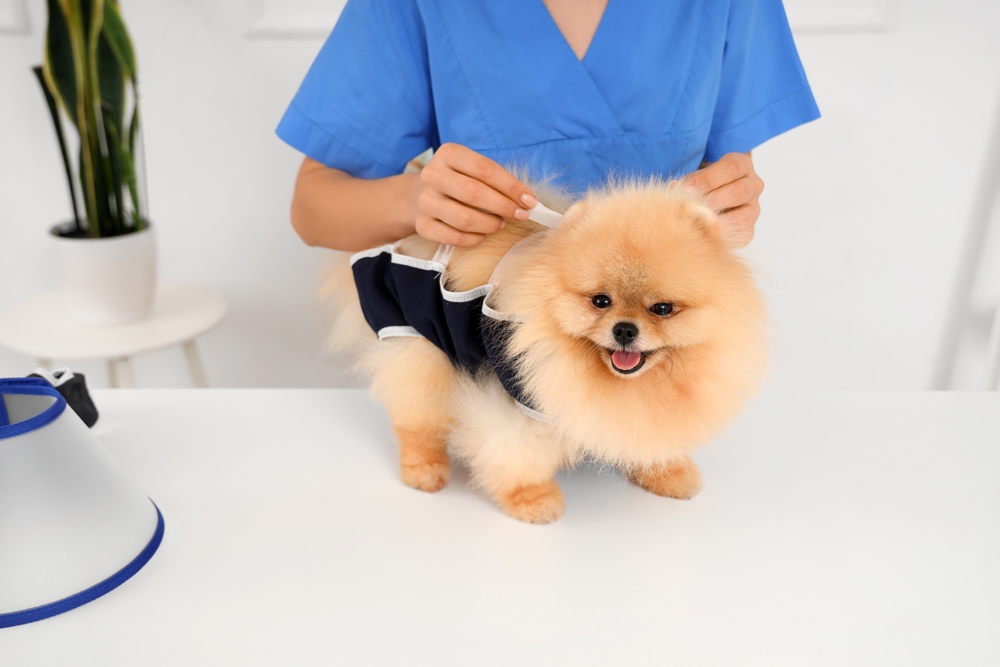
When your dog isn’t feeling well, it’s natural to hope the issue resolves on its own. However, waiting too long to seek professional care can sometimes make things worse.
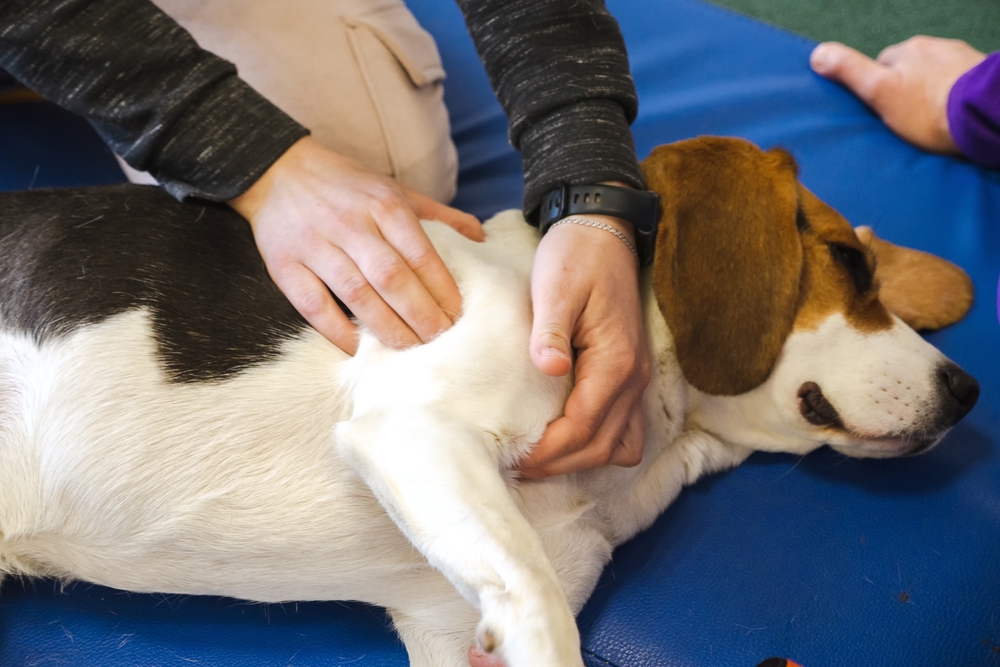
When our beloved pets undergo surgery or begin to experience chronic pain, it can be difficult to watch them struggle with mobility and comfort. Just as humans benefit from physical therapy, animals can also heal, strengthen, and regain mobility through specialized rehabilitation techniques.
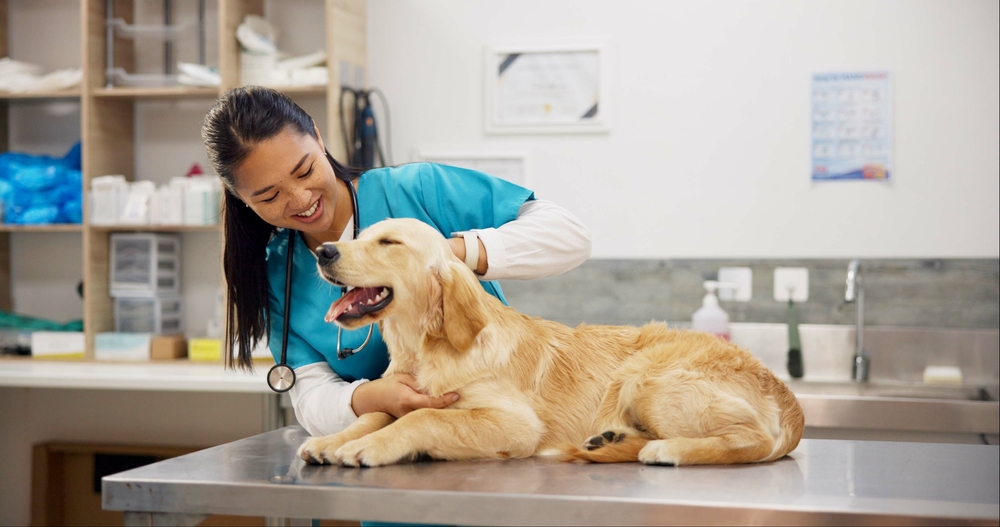
When you think of taking your pet to the vet, it’s often because they’re limping, coughing, or showing other signs of illness. But waiting until your furry friend is sick to schedule an appointment means missing out on one of the most important aspects of veterinary care - preventive wellness exams. At Liberty Animal Clinic, we believe regular wellness exams are just as important for healthy pets as they are for those who are ill.
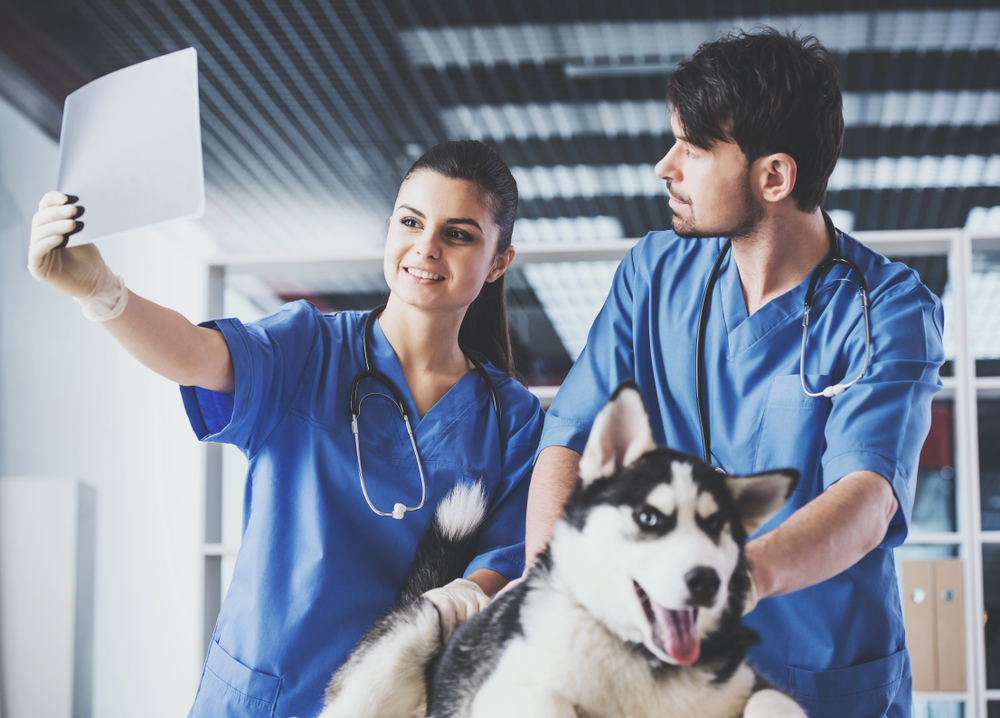
At Liberty Animal Clinic, we rely on advanced diagnostic tools to help us quickly and accurately identify underlying health issues. X-rays (radiographs) are a safe and non-invasive way to look inside your pet’s body and spot problems that may not be visible during a physical exam.

When it comes to your dog’s health and happiness, routine care goes beyond food, exercise, and vaccinations. One often-overlooked aspect of pet maintenance is nail trimming.

Discovering a lump on your dog can be alarming. Whether it's small and soft or firm and growing, any new bump can raise concerns about your pet’s health. While not every lump is serious, it’s important to know when it could indicate a more serious issue and why regular veterinary exams are key to early detection and peace of mind.

If you're planning to travel with your pet (whether across the country or internationally) you may be required to obtain a health certificate. These official documents are essential to verify that your pet is healthy and up to date on required vaccinations. But how do you know if your situation calls for one?






